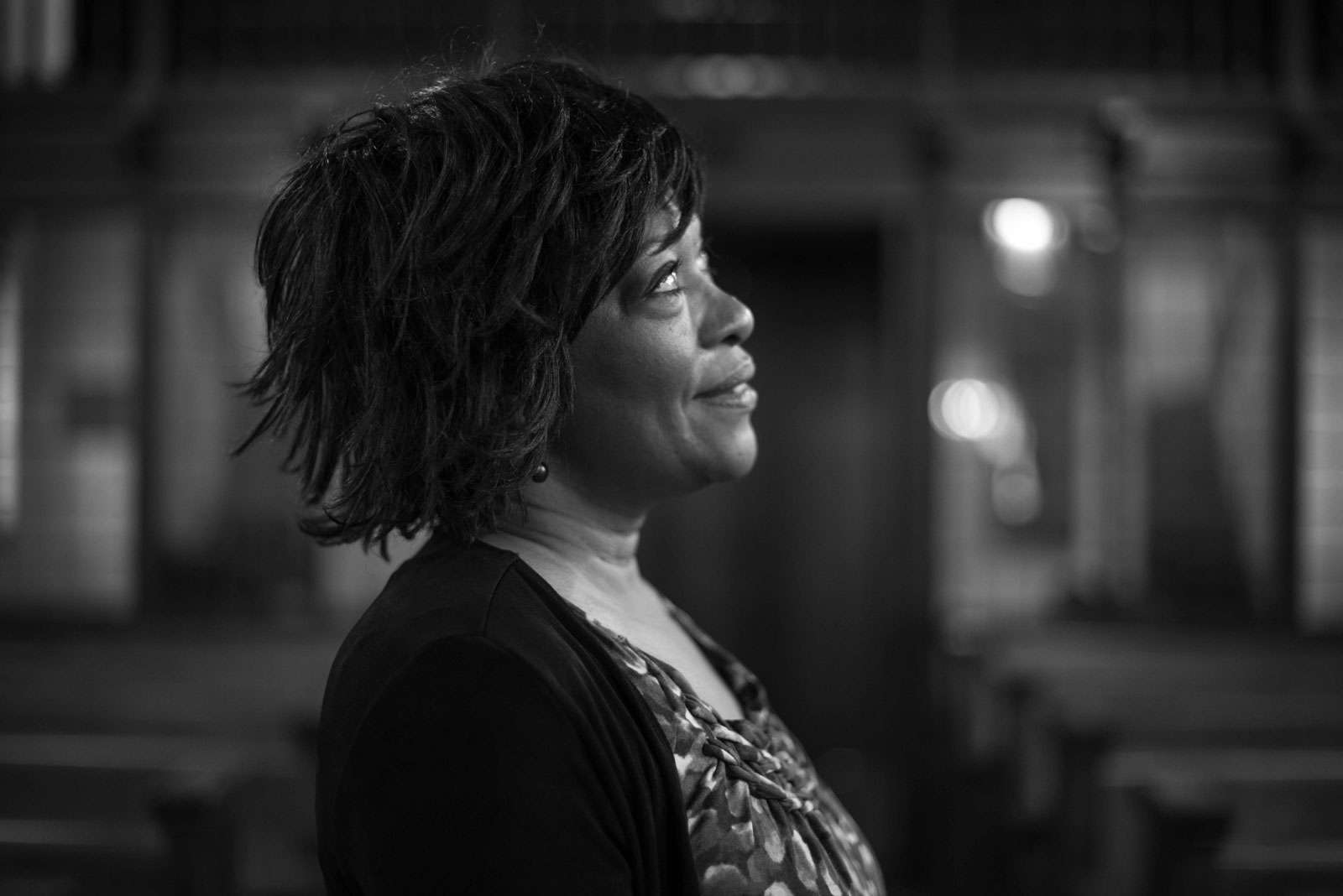Born on the 28th of August 1952, Rita Dove is an African American poet and writer, known particularly for writings that transverse the norm and break limiting walls of categorization with such richness and grace that is unparalleled.
Like the aspiring genius she was, Rita Dove excelled in school and was cheered on constantly by her parents. Whilst in high school, she was ranked as one of the top 100 students in the nation and honored as a President Scholar. Rita went on to get her BA in English with the highest distinctions at the Miami University of Ohio in 1973.
A year later, she received a Fulbright Scholarship to study at the University of Tübingen, Germany. She returned to the states afterward and joined the Iowa Writers’ Workshop, where she earned her MFA. It was there she also met her husband and fellow writer, Fred Viebahn.
Rita Dove debut poetry collection The Yellow House on the Corner was the beginning of a productive literary career. Her other famous works, Thomas and Beulah (1986) (which was based on the life of her grandparents) won the Pulitzer Prize for Poetry in 1987; On the Bus with Rosa Parks (1999) was a finalist for the National Book Critics Circle Award and was named a New York Times Notable Book of the Year; Sonata Mulattica (2009) won the Hurston Wright Legacy Award, and Collected Poems 1974-2004 (2016) received the 2017 NAACP Image Award and the 2017 Library of Virginia Award.
Asides from the several collections of poems Rita Dove penned, she also wrote a book of short stories, several essays, and plays. In addition to the Pulitzer Prize, Rita received notable achievements such as her serving as the Poet Laureate for the United States from 1993 – 1995 at the age of 41. This made her the youngest person and first Black woman to hold that position.
She also served as Poet Laureate of Virginia (2004 – 2006) and received multiple lifetime achievement awards.
17 Powerful quotes By Rita Dove
- Learning is the most exciting thing that could happen to you, and it never ends.
- There are times in life when, instead of complaining, you do something about your complaints.
- Listen to how they say your name. If they can’t say that right, there’s no way they’re going to know how to treat you properly, either.
- We should always do something that makes us feel like a child again. Keep learning, no matter what it is.
- If you can’t be free, be a mystery.
- Nothing is too small. Nothing is too ‘ordinary or insignificant’. Those are the things that make up the measure of our days, and they’re the things that sustain us. And they’re the things that certainly can become worthy of poetry.
- If only the sun-drenched celebrities are being noticed and worshiped, then our children are going to have a tough time seeing value in the shadows, where the thinkers, probers, and scientists are who are keeping society together.
- You have to imagine it possible before you can see something. You can have the evidence right in front of you, but if you can’t imagine something that has never existed before, it’s impossible.
- Without imagination, we can go nowhere. And imagination is not restricted to the arts. Every scientist I have met who has been a success has had to imagine.
- There is not going to be any change unless we can begin to talk about any little fear, any little hatred, any little bias that we might have and to admit that all human beings have them.
- If we’re going to solve the problems of the world, we have to learn how to talk to one another. Poetry is the language at its essence. It’s the bones and the skeleton of the language. It teaches you, if nothing else, how to choose your words.
- Our situation is intolerable, but what’s worse is to sit here and do nothing
- Self-pity gets you nowhere but deeper into your own shit–pure misery a luxury one never learns to enjoy.
- Equality and self-determination should never be divided in the name of religious or ideological fervor.
- Poetry connects you to yourself, to the self that doesn’t know how to talk or negotiate.
- I wish someone had told me that my stories are really mine to tell. In other words, anything that I think is important or that has moved me has the ability to move somebody else.
- Occasional poems are not as powerful as those that come out of a deep need or conviction. Those poems that come out because they have to come out.

